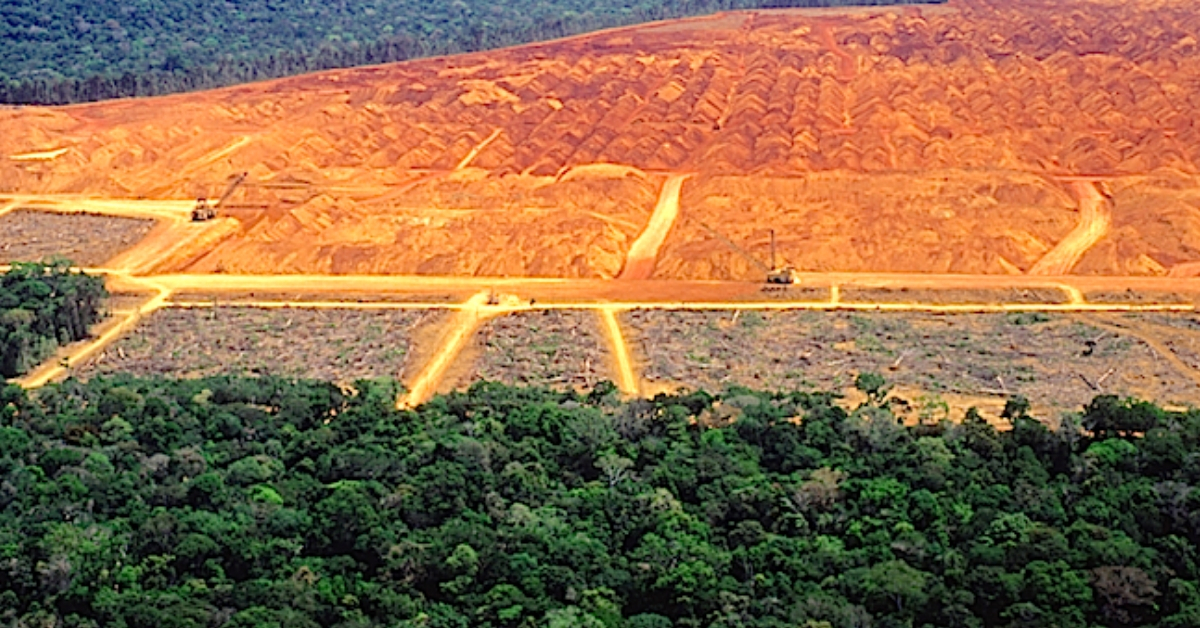
We have forgotten that we ourselves are dust of the earth (Gen 2:7); and our very bodies are made up of her elements, we breathe her air and we receive life and refreshments from her waters. –Pope Francis, Laudato Si’
The Amazonia is at the heart of the Church. –Cardinal Pedro Barreto, SJ (Archbishop of Huancayo, Peru)
REPAM is a Latin American Catholic church, transnational network created to respond to the challenges facing the people of the Amazon and their natural environment. It began in 2014, in Brazil as a project of the nine Churches of the Amazon region under the umbrella of the Latin American Bishops Conference.
The Amazon stretches across more than two million square miles of South America, contains 10% of all biomass on earth, 20% of the world’s flowing water, and a third of all known terrestrial plant, animal, and insect species.
The Amazon is home to more than 30 million people, 1.6 million of these people are indigenous and they belong to 400 different indigenous groups. Some are isolated tribes who choose to avoid contact with the outside world. Over thousands of years, the indigenous populations of the Amazon has managed, protected, and enriched the rainforest while being a fully integrated part of it.
Since the 1950s, the Amazon rainforest has entirely lost 18% of its original forest cover, and up to 50% of the forest has been partially destroyed. This is mainly due to oil and gas production, mining and logging, and the need for more space to practice agriculture and cattle ranching.
Throughout the Amazon, indigenous and local communities are being threatened and displaced by extractive industries, like logging, oil, gas, and dam projects, as well as by large-scale infrastructure developments, like roads, electrical interconnections, and commercial ports.
Indigenous people have historically gained little from large-scale resource development on their traditional lands, and have suffered from its negative impacts on their environment, cultures, economies, and societies.
Often times, they are not consulted by their home governments and the operating companies before a project begins and they have very few avenues for stopping the projects.
Not only do extractive projects threaten indigenous communities, they also contribute to climate change through the increased production of fossil fuels, deforestation, and environmental degradation. At the same time, extractive industries decrease the ability of vulnerable communities to respond to the impacts of climate change.
In the face of growing development and globalization, indigenous and campesino communities in the Amazon region face many threats to their people, environment and way of life. The Church plays an important role in accompanying and standing in solidarity with these communities as they work to gain respect for their territories and rights.
In October 2019, the bishops of the Amazon gathered in Rome to discern how people of faith can stand in solidarity with the exploited earth and marginalized communities. While the synod was about the Amazon, it is also a model for the entire world.
The significance of this Pan-Amazonian Synod extends beyond the Amazon region and has implications for the whole Church and all people concerned about the future of our planet. We hear and see the suffering due to an extractive model of development in many parts of the world including the Congo Basin, the biological corridor of Central America, the tropical forest of Asia in the Pacific, and the Guarani water system.
To learn more about the Synod on the Amazon, click here.
-------
This resource was developed by the Inter-religious Working Group on Extractive Industries in Washington, DC.
Copyright © 2025 Columban Center for Advocacy and Outreach, Washington, D.C.